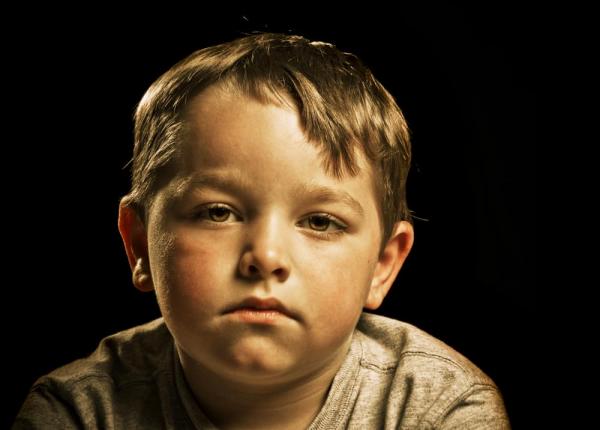
Unfortunately, children can experience depression. When they do, it is important to seek professional assistance in order to help them work through their feelings. When children are depressed, they lose interest in activities that they normally enjoy, they withdraw, have a change in appearance, academic performance declines, they experience prolonged and extreme sadness and can become obsessed with death or contemplate suicide.
There are several reasons a child can experience depression and other risk factors. Some events that may cause a child to descend into a depressed state include, divorce, death of a family member, academic challenges, family stressors (such as economic hardship or a parent losing a job), being the victim of child abuse (sexual, emotional or physical) or being the victim of a bully. Your child is at a higher risk of developing depression if there are members of the family who have been diagnosed with depression. It is important to realize that children will not "snap out"� of a depressed state any more than an adult will.
1. Always discuss feelings openly
If your child does not feel comfortable or safe discussing her feelings (both the positive and negative), she is more likely to become more deeply depressed. Explaining to your child that her feelings are a part of her and are accepted will help her express these feelings to you. Asking a child to suppress his tears or anger is counterproductive, and can be harmful, deepening the despair that he is feeling.
2. Teach and model positive self-messages
When speaking about yourself, make sure to avoid derogatory terms. This simply shows your child that self-dislike is acceptable. When you hear your child speaking negatively about himself, kindly remind him that you love him and that you would prefer that he doesn't speak negatively about someone that you love. By replacing negative self talk with positive self talk, your child can then work to master his or her thoughts. Replacing thoughts will be more challenging and take more practice, with the help of a professional.
3. Don't skimp on the enjoyable experiences and activities
Your child may express a desire to be left alone, but make every effort to include her in fun family activities. Give your child something to anticipate. Some possible ideas are, family games, picnics, family sport outings, vacations, etc.
4. Don't try and do it all alone
If your child's depression is not improving or getting worse, find a professional that specializes in treating children and adolescents with emotional problems. You can get a referral from your pediatrician's office, or by calling your county's mental health program.
5. When you need to see help immediately
Your child needs immediate help if he or she speaks of thinking about dying or wanting to hurt himself or herself. This must be taken seriously, and immediately. Call your physician's office for an appointment as soon as possible. If you are unable to get help in an expedient fashion, you can always take your child to the nearest emergency room for help.

